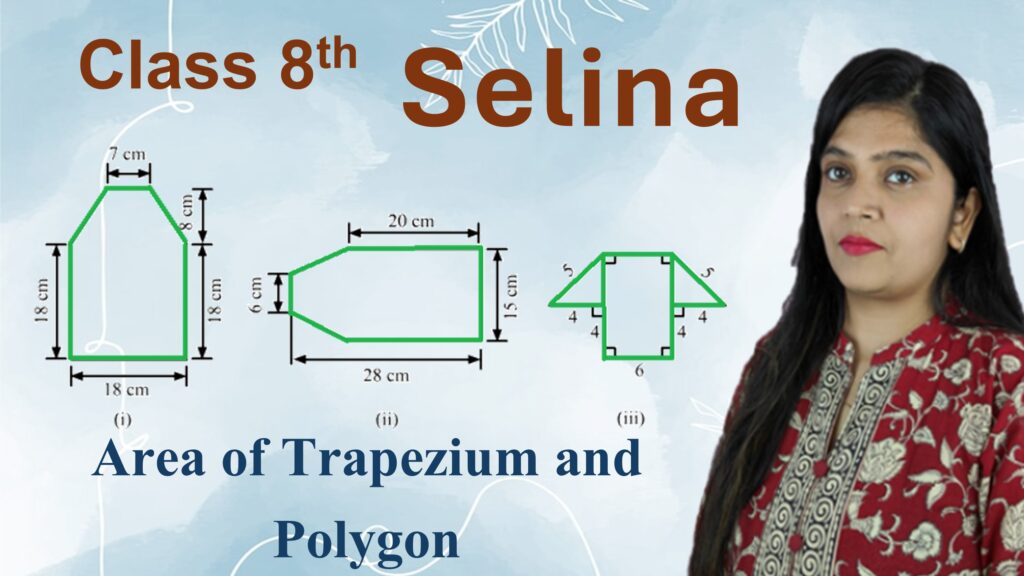In our daily life, we solve math problems like 2 + 3 = 5 or calculate expenses such as price × quantity. These are arithmetical expressions because they use numbers and operators to get results. When we write similar calculations in a Java program, we use arithmetical expressions and statements.
Arithmetical Expression:
An arithmetical expression in Java is a combination of numbers (or variables) and operators like +, -, *, /, and % that produces a value. Example: a + b * c
Arithmetical Statement:
An arithmetical statement is an expression combined with an assignment, where the result is stored in a variable. Example: sum = a + b;
Purpose of Arithmetical Expressions and Statements
- To perform calculations inside Java programs.
- To process user input like marks, prices or quantities.
- To make programs smarter and dynamic instead of using fixed values.
Why Do They Matter in Java?
They allow programmers to perform mathematical operations directly in code. Without them, Java would not be able to calculate totals, averages, percentages or any numeric result. They form the backbone of logic in most programs (from billing systems to scientific calculators).
Types of Arithmetical Expressions
1. Pure Arithmetical Expression:
A Pure Arithmetical Expression is an expression in which all the components (constants, variables and results) belong to the same data type.
- It means no mixing of data types.
- The result is always of the same type as the components used.
Example:
int x = 10 + 20 - 5; // All integers → result is integer
double y = 3.5 + 2.1; // All doubles → result is double2. Impure Arithmetical Expression:
An Impure Arithmetical Expression is an expression in which different data types are mixed in the calculation.
- Automatic type conversion (called type promotion) may happen.
- The result may not belong to the same type as all the components.
Example:
int a = 10;
double b = 5.5;
double result = a + b; // int + double → result is doubleDifference between Pure and Impure Arithmetical Expression
| Aspect | Pure Expression | Impure Expression |
| Definition | An expression where all components (constants, variables, result) are of the same data type. | An expression where components of different data types are mixed. |
| Type Mixing | No mixing of data types. | Mixing of two or more data types occurs. |
| Result Type | Result is always of the same type as the components. | Result is promoted to the higher data type automatically. |
| Example | int x = 10 + 20 – 5; → all integers. | double y = 10 + 5.5; → int + double. |
| Type Conversion | No conversion required. | Automatic type conversion (type promotion) happens. |
Final Thought
Arithmetical expressions and statements in Java are like the heart of calculations in programming. Expressions help us find results, while statements ensure those results are stored and used in programs. Together, they make Java powerful for solving real-world problems involving numbers and logic.
If you’re thinking of learning programming, Java is a great place to start!





Leave a Comment